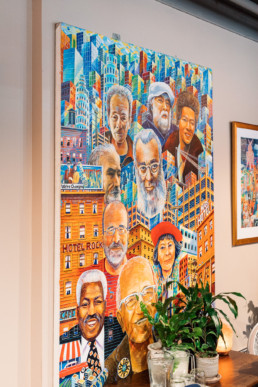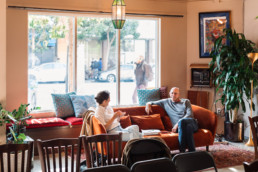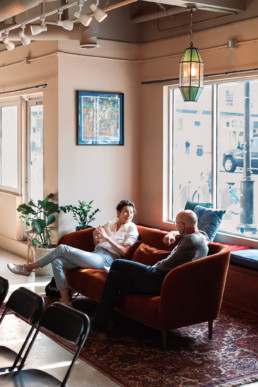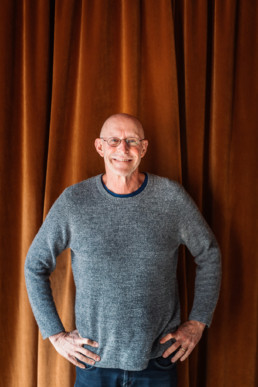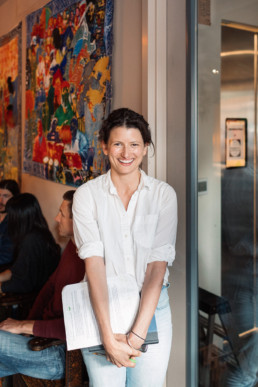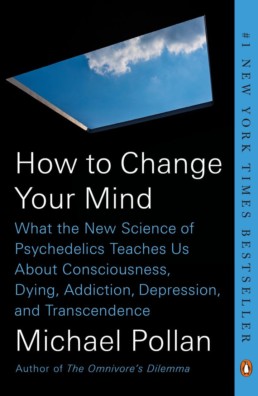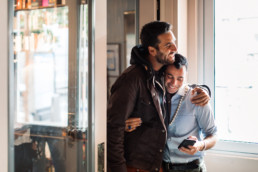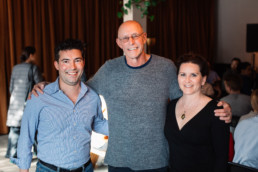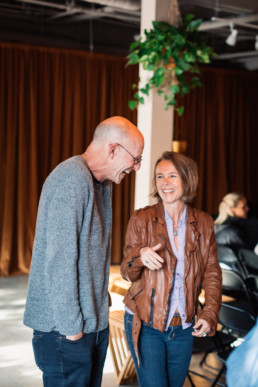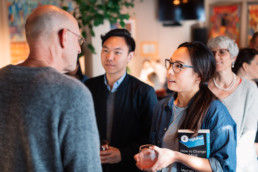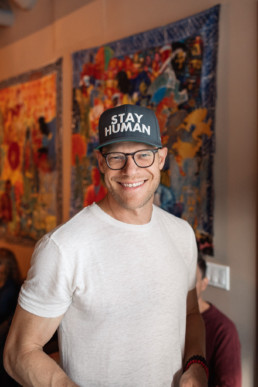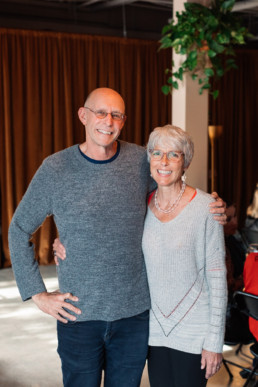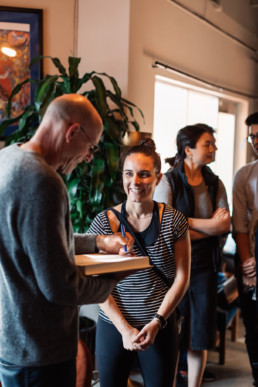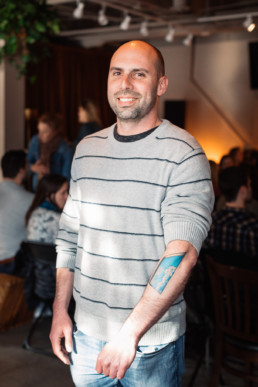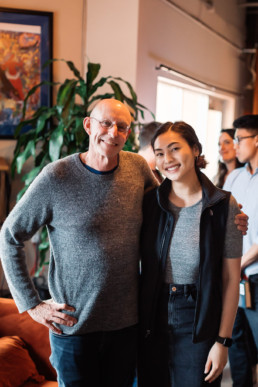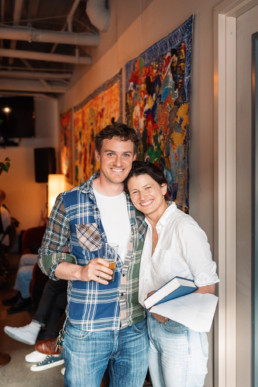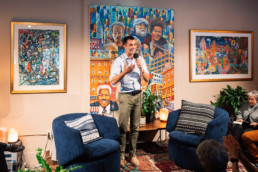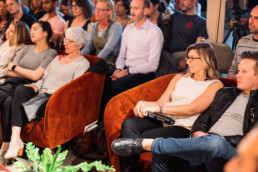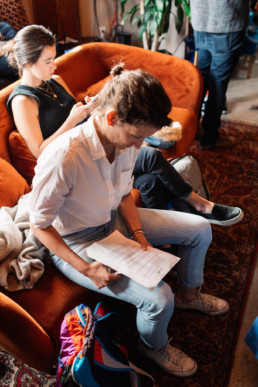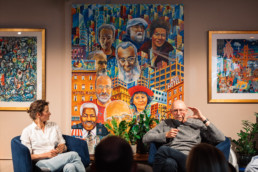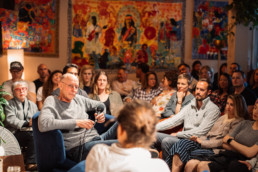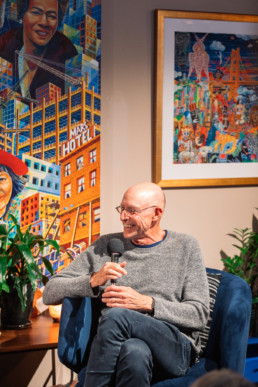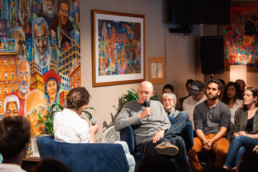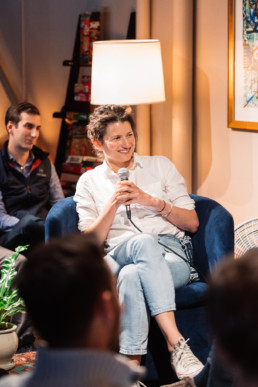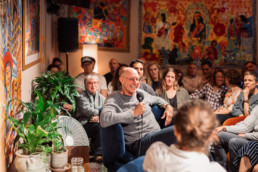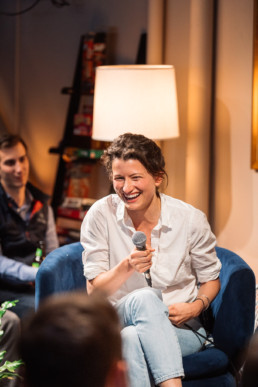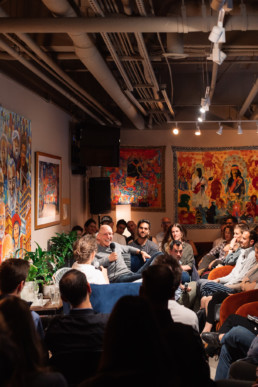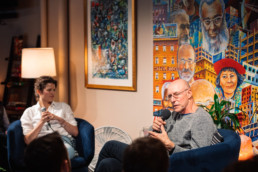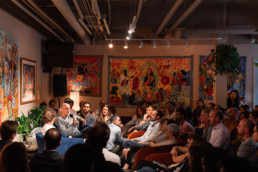A conversation on the revolution taking place around psychedelic drugs between Author Michael Pollan & New York Times Reporter Nellie Bowles at Manny's in San Francisco.
Can drugs that are now illegal hold keys to treating some of the most debilitating disorders? Have we made substances unlawful that can cure?
Famed author, Michael Pollan, in conversation with New York Times reporter Nellie Bowles, discussed his most recent New York Times Bestselling Book, How to Change your Mind. This discourse brought about all sorts of questions on our realities & ability to navigate the world with the constructs we shape neurologically as we develop into adults.
Brought to you by Manny’s, a people powered & community focused meeting & learning place in the heart of San Francisco that combines a restaurant, political bookshop, & civic events space.
About Michael:
Michael Pollan is the author of eight books, including How to Change Your Mind, Cooked, Food Rules, In Defense of Food, The Omnivore’s Dilemma and The Botany of Desire, all of which were New York Times bestsellers. A longtime contributor to the New York Times Magazine, he also teaches writing at Harvard and the University of California, Berkeley where he is the John S. and James L. Knight Professor of Science Journalism. In 2010, Time magazine named him one of the one hundred most influential people in the world.
About Nellie:
Nellie Bowles covers tech and internet culture from San Francisco for The New York Times. Before joining The Times, she was a correspondent for “VICE News Tonight.” She has written for California Sunday, Recode, The Guardian, and the San Francisco Chronicle.
About How to Change Your Mind:
A New York Times Bestseller & Notable Book
Review 10 Best Books of 2018 by By Tom Bissell
Best known for his work on the ethics of eating, Pollan delivers his most personal book yet, one that demanded he drop acid in full view of the reader. Exploring the history and science of psychedelics, he tells of the rise and fall and rise again of our societal interest in these drugs, which are now thought to have many benefits, from helping with addiction to easing the terror of the terminally ill. The book hits its high point when he examines the mysticism and spirituality of the psychedelic experience. What can we learn about ourselves when the part of our mind controlling the ego drops away? What is this older, more primitive part of the brain, which connects us to how a child sees the world? It’s a trip that leads him to wonder about how, ultimately, we can get the most out of our existences as conscious beings in the world.
–


